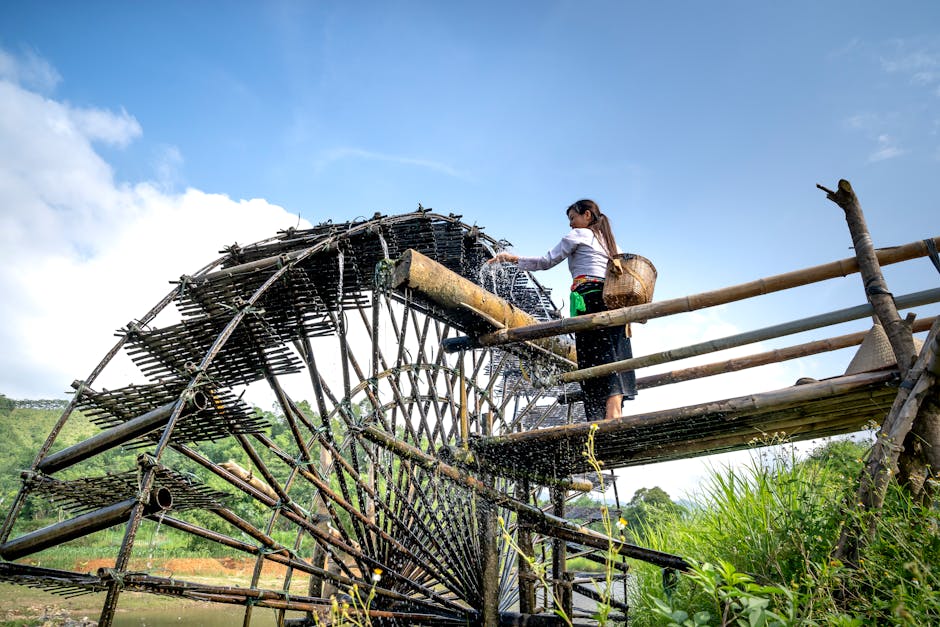
Indigenous Knowledge: An Invaluable Cultural Resource
Indigenous knowledge is a true treasure of cultural wisdom that has been passed down through generations. It encompasses the collective knowledge, practices, and beliefs of Indigenous communities around the world. This invaluable resource encompasses various areas, including agriculture, medicine, ecology, and spirituality.
One of the key attributes of Indigenous knowledge is its close relationship with the environment. Indigenous communities have developed profound knowledge about their local ecosystems and have gained a deep understanding of sustainable practices in areas such as land management and resource conservation.
Furthermore, Indigenous knowledge promotes a holistic approach that recognizes the interconnectedness of all living beings. This worldview acknowledges that humans are part of a larger web of life, and as such, our actions have consequences beyond ourselves.
Indigenous knowledge also plays a vital role in preserving cultural traditions. It holds the wisdom of ancestral practices, rituals, and ceremonies, ensuring their continuity through time. This knowledge helps maintain a strong sense of identity and pride within Indigenous communities.
Not only does Indigenous knowledge preserve ancient wisdom, but it also offers valuable insights applicable to contemporary challenges. Traditional agricultural practices, for example, often prove more sustainable and resilient in the face of climate change compared to conventional methods. Indigenous healing practices provide alternative perspectives on health and well-being.
By recognizing and honoring Indigenous knowledge, society can foster a more inclusive and sustainable future. It is essential to support and respect Indigenous peoples' rights to preserve and transmit their knowledge within their communities.
